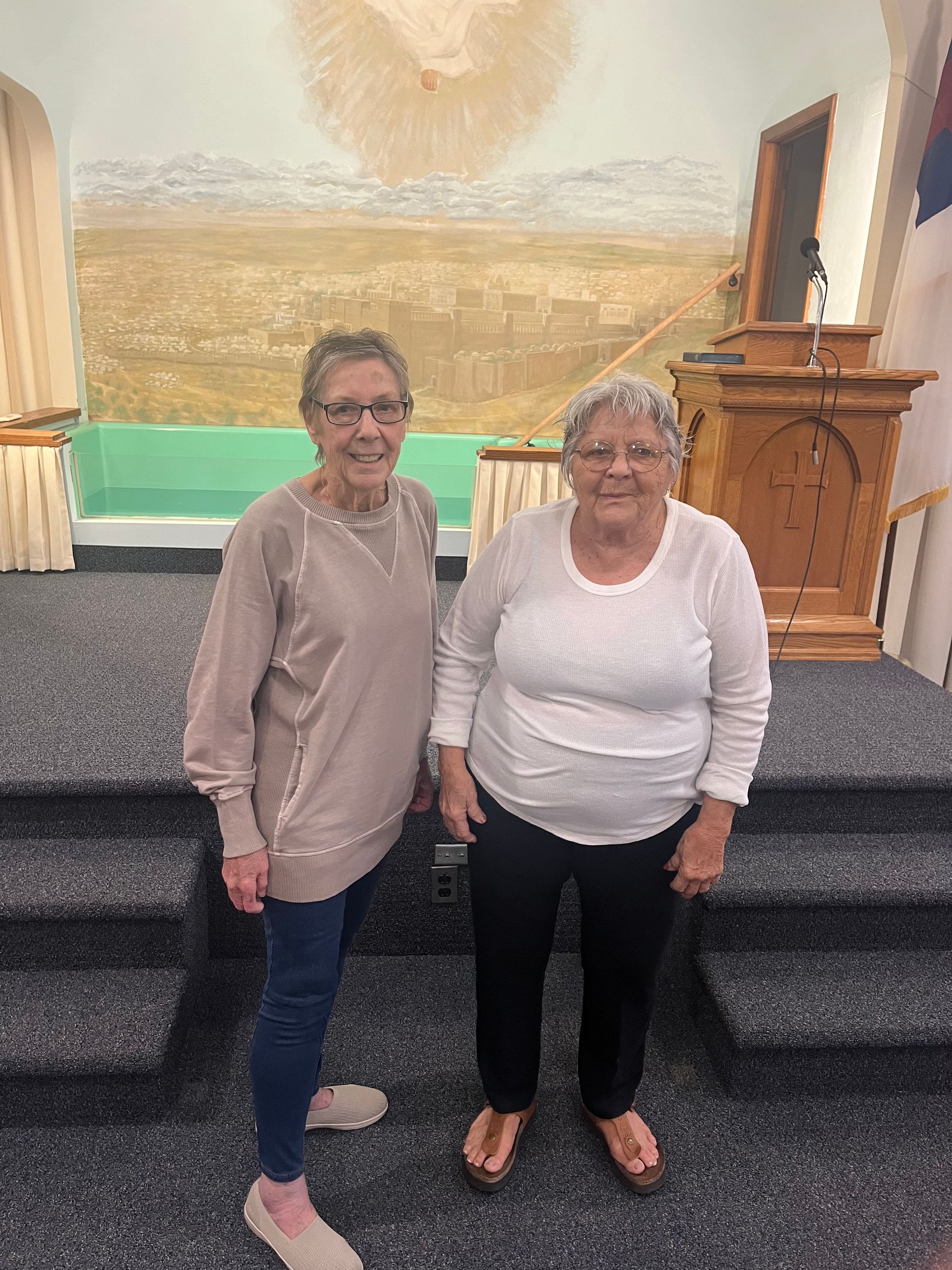How Liturgy Changes Us
A few weeks ago, I started my morning in the Book of Common Prayer, as I have been in the habit of lately. I was stilled and challenged instantly with these words from that day's devotion:
"There is an old saying many Christians use: “Offer the Lord a sacrifice of praise,” referring to Hebrews 13:15. In many circles this notion of a “sacrifice of praise” almost becomes cliché. (Perhaps because worship does not often come at much cost, especially compared with the sacrifices of saints who’ve gone before us.) But when we worship with folks of various traditions, there are times when we may hear a prayer that uses language we might not naturally use or sing a song that isn’t really our style. That is part of what it means to be a member of a community as diverse as the church is. And perhaps that also helps shed some light on why it might require some sacrifice for us to give up ourselves.
When a song isn’t working for you, consider praising God, because that probably means it is working for someone else who is very different from you. Offer your worship as a sacrifice rather than requiring others to sacrifice for your pleasure or contentment. There is something to the notion of becoming one as God is one; it doesn’t mean that we are the same; it just means that we are united by one Spirit. After all, we can become one only if there are many of us, to begin with.
Liturgy puts a brake on narcissism. Certainly, there is something beautiful about contemporary worship, where we can take old things and add a little spice to them, like singing hymns to rock tunes or reciting creeds as spoken word rhymes. But liturgy protects us from simply making worship into a self-pleasing act. So if a song or prayer doesn’t quite work for you, be thankful that it is probably really resonating with someone who is different from you, and offer a sacrifice of praise."
In this hurried, frantic culture we find ourselves in, I was slowed and moved deeply by this challenge. As a child of two ordained pastors, I spent my fair share of time in church pews, reciting unison prayers, hearing lectionary readings, and joining in the call to worship, prayers of confession and reciting prayers of benediction. I have sung with pipe organs and electric organs. I experienced grand piano led hymns and ruckus contemporary worship. I sang in the chancel choir as a teenager. And every feeling one could experience about worship preference, I too have felt.
I find myself more and more as I grow older – both in faith and in age – valuing the liturgy. Regardless of the style of musical worship, there is something deeply powerful about gathering around a common thought, prayer or confession. I am always amazed that a group can so quickly find a rhythm when reading aloud. It's as if we all are hard programmed to read at that perfect pace, always knowing where to pause. This unity destroys my selfishness. It's not about me. Ever.
My prayer (and I hope you'll join me in this) is that we continue to find unifying acts in our worship. I pray that Brethren churches would place a value on acts of worship that unite us in spirit and in purpose. I pray that we are constantly reminded and wrecked by our communal purpose for worship.










